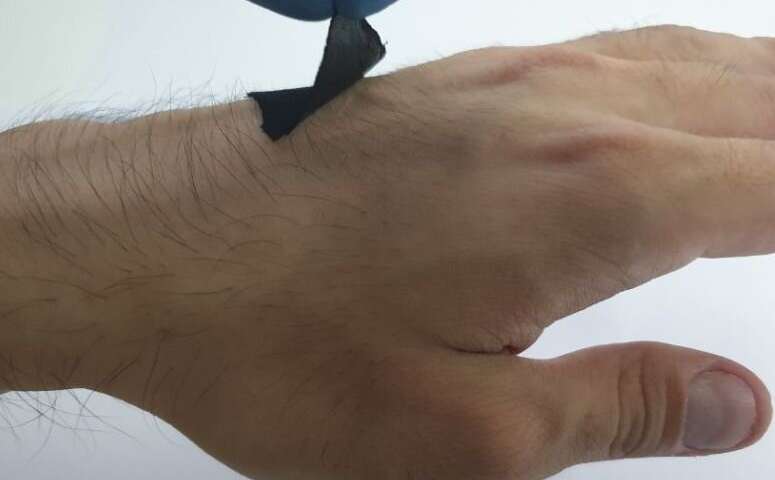The stock market rallied after the U.S. Commerce Department eased some restrictions on companies doing business with Chinese telecom giant Huawei Technologies. The government said last night that it would allow Huawei to continue purchasing American-made products for its existing telecom networks until Aug. 19. The momentary let-up in trade tensions with China and Huawei helped the stock indexes post gains today. The Nasdaq Composite index was up 1.08 percent while the Dow and S&P 500 indexes rose 0.77 percent and 0.85 percent respectively. The Entrepreneur Index™ gained 0.71 percent on the…
Read MoreAuthor: Tom Patriot
For people with strong life purpose, making healthier choices may take less effort
Ever wonder how some people seem to meet their fitness goals with ease and love eating healthy foods while others constantly struggle to do either? According to a new study from the Communication Neuroscience Lab at the Annenberg School, people with stronger life purpose are more likely to accept messages promoting health behavior change than those with a weaker sense of purpose. And this might be because they experience less decisional conflict while considering health advice. “Purpose in life has been robustly associated with health in previous studies,” says postdoctoral…
Read MoreOctopus-inspired wearable sensor
Wearable electronics that adhere to skin are an emerging trend in health sensor technology for their ability to monitor a variety of human activities, from heart rate to step count. But finding the best way to stick a device to the body has been a challenge. Now, a team of researchers reports the development of a graphene-based adhesive biosensor inspired by octopus “suckers.” They report their findings in ACS Applied Materials & Interfaces. For a wearable sensor to be truly effective, it must be flexible and adhere fully to both wet…
Read MoreHow a member of a family of light-sensitive proteins adjusts skin color
A team of Brown University researchers found that opsin 3 — a protein closely related to rhodopsin, the protein that enables low-light vision — has a role in adjusting the amount of pigment produced in human skin, a determinant of skin color. When humans spend time in the sun without proper skin protection, the sun’s ultraviolet (UV) radiation signals the skin to produce more melanin — which protects against the cancer-causing effects of the radiation — and become darker. There are two parts to solar UV radiation: short wavelength radiation…
Read More




